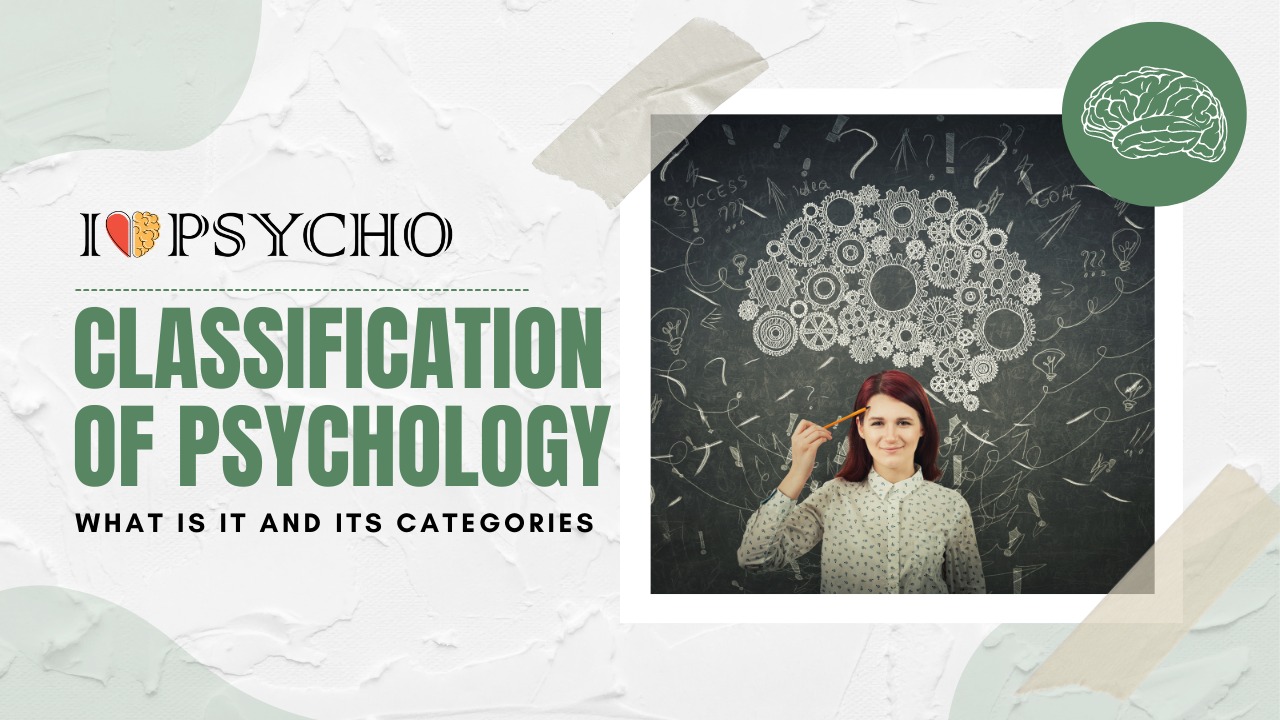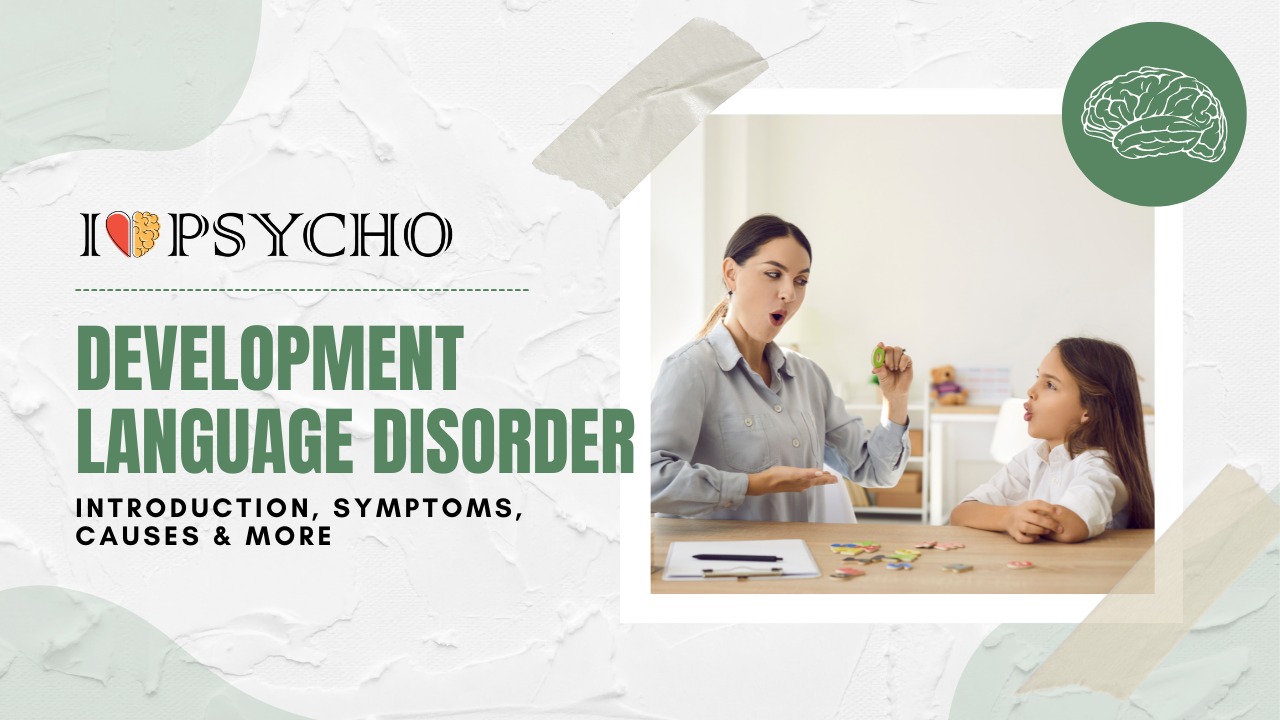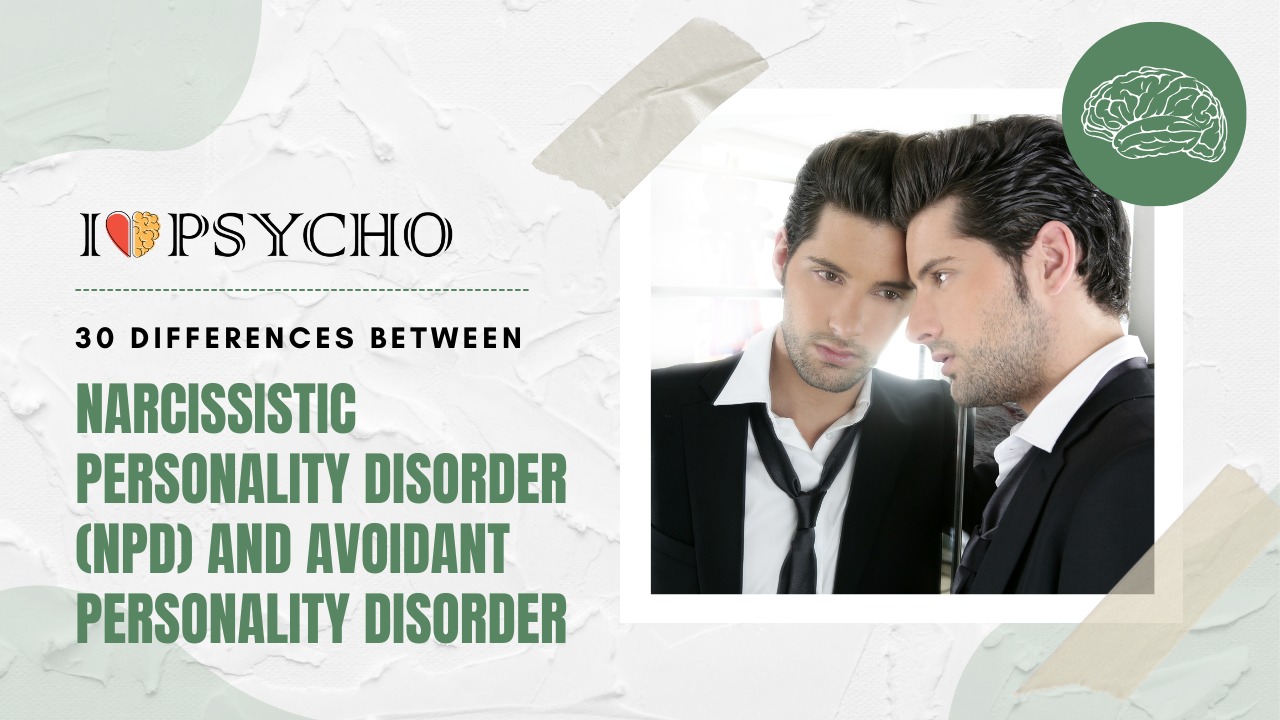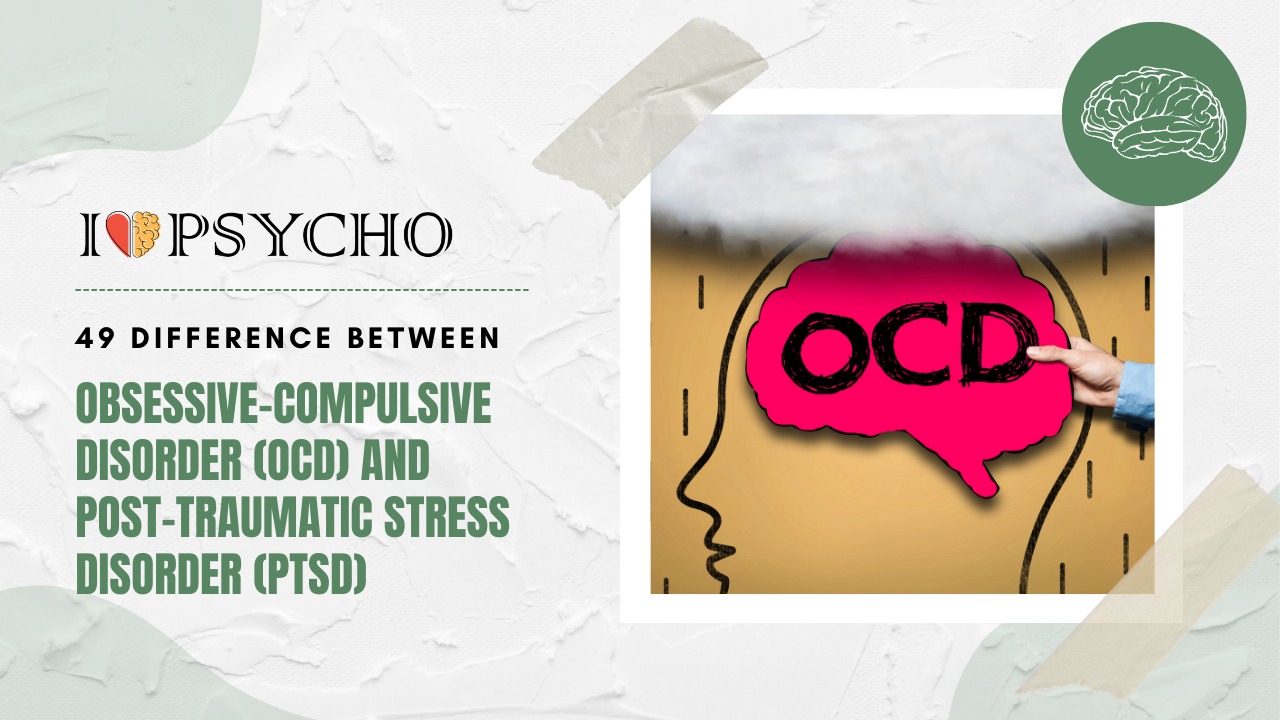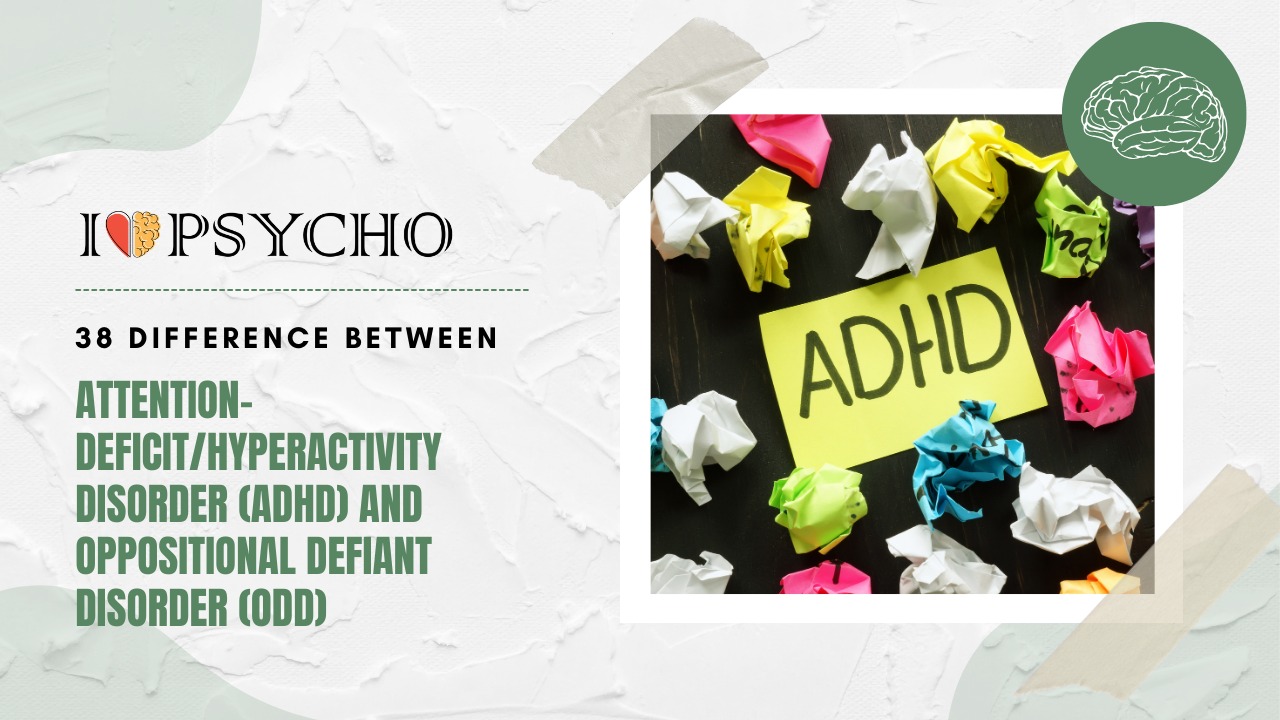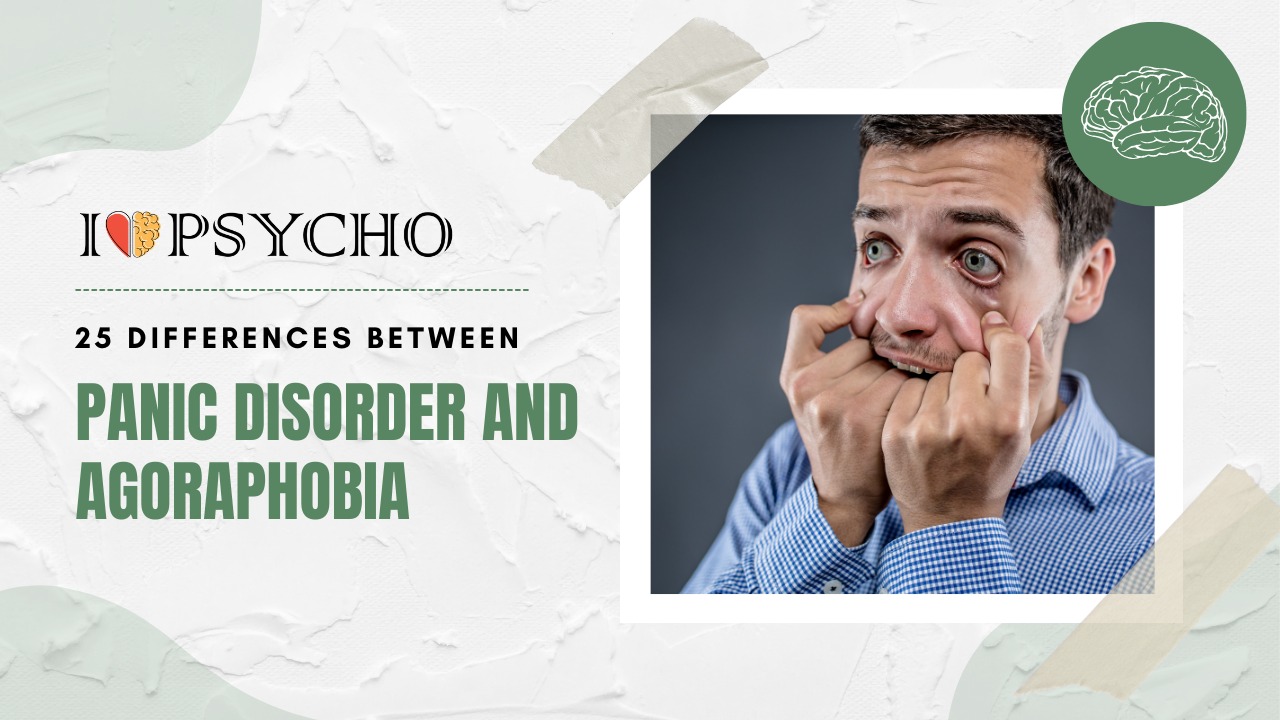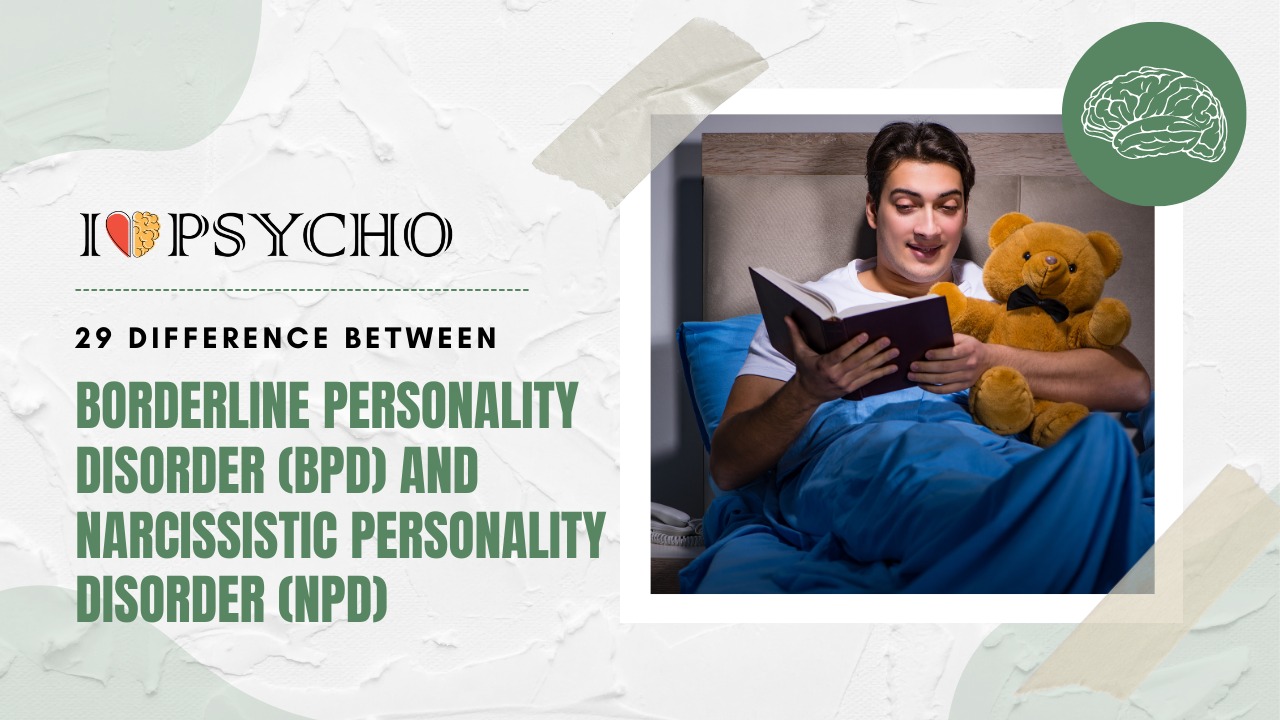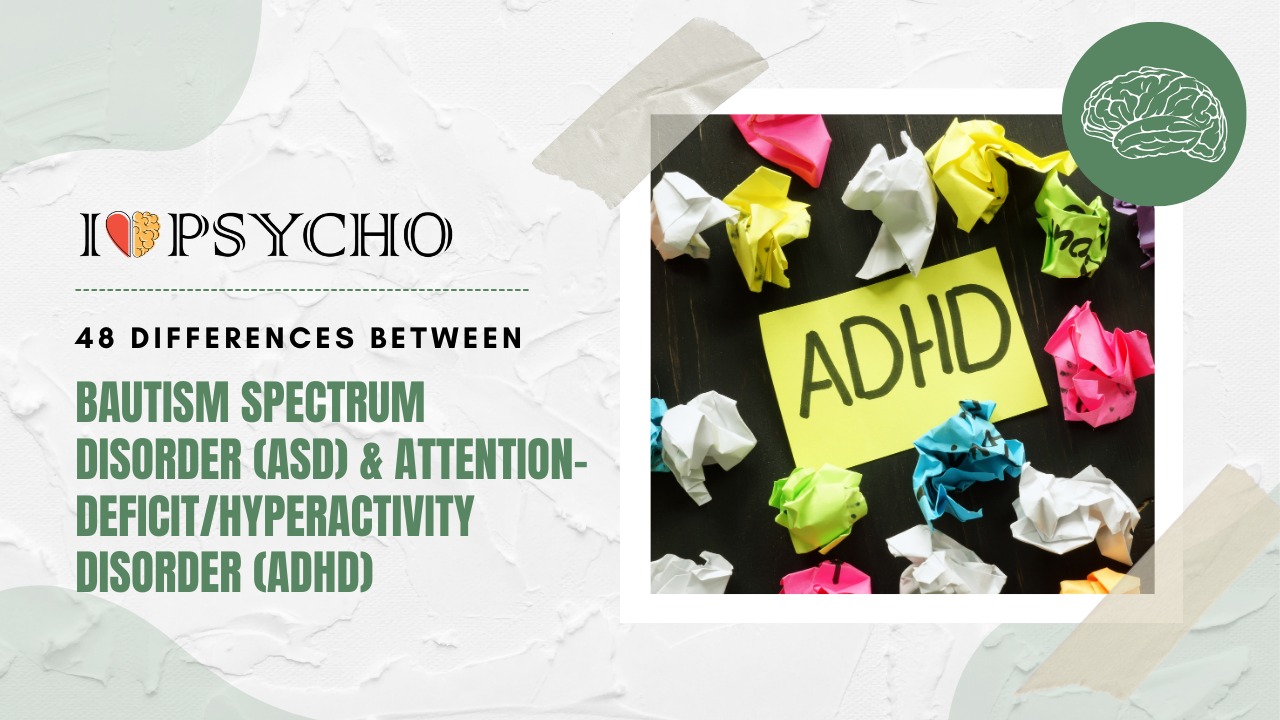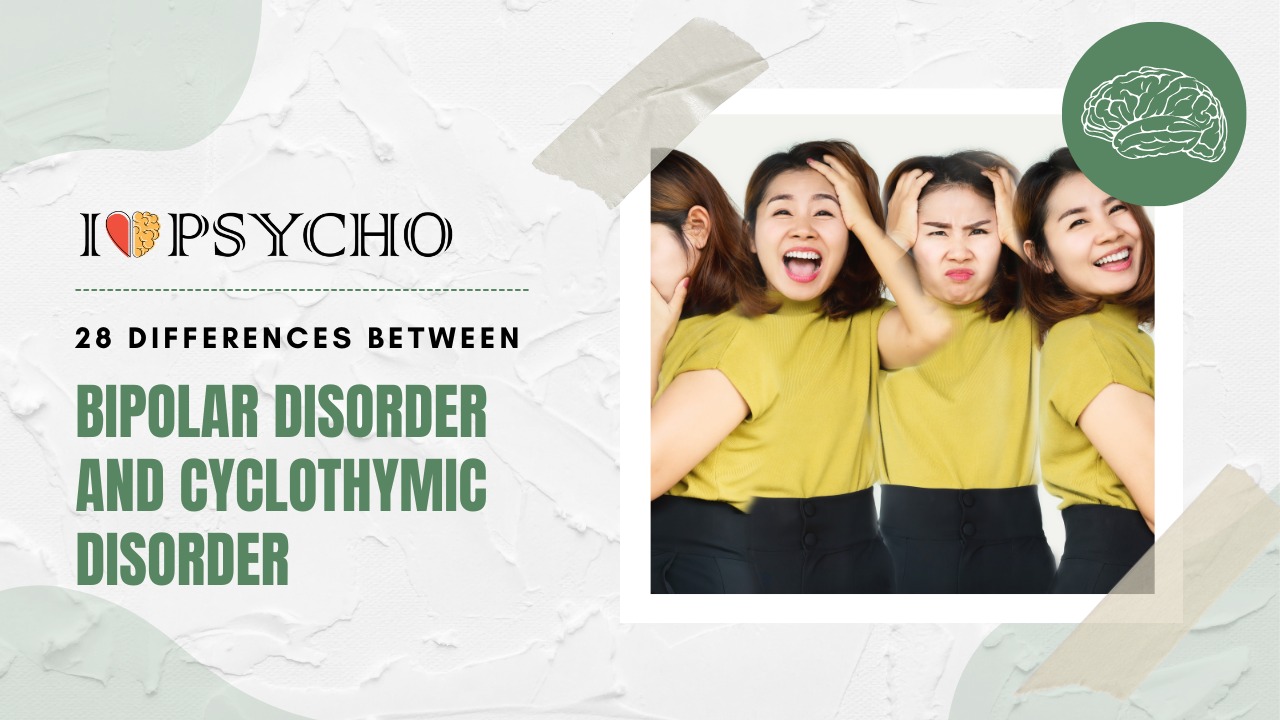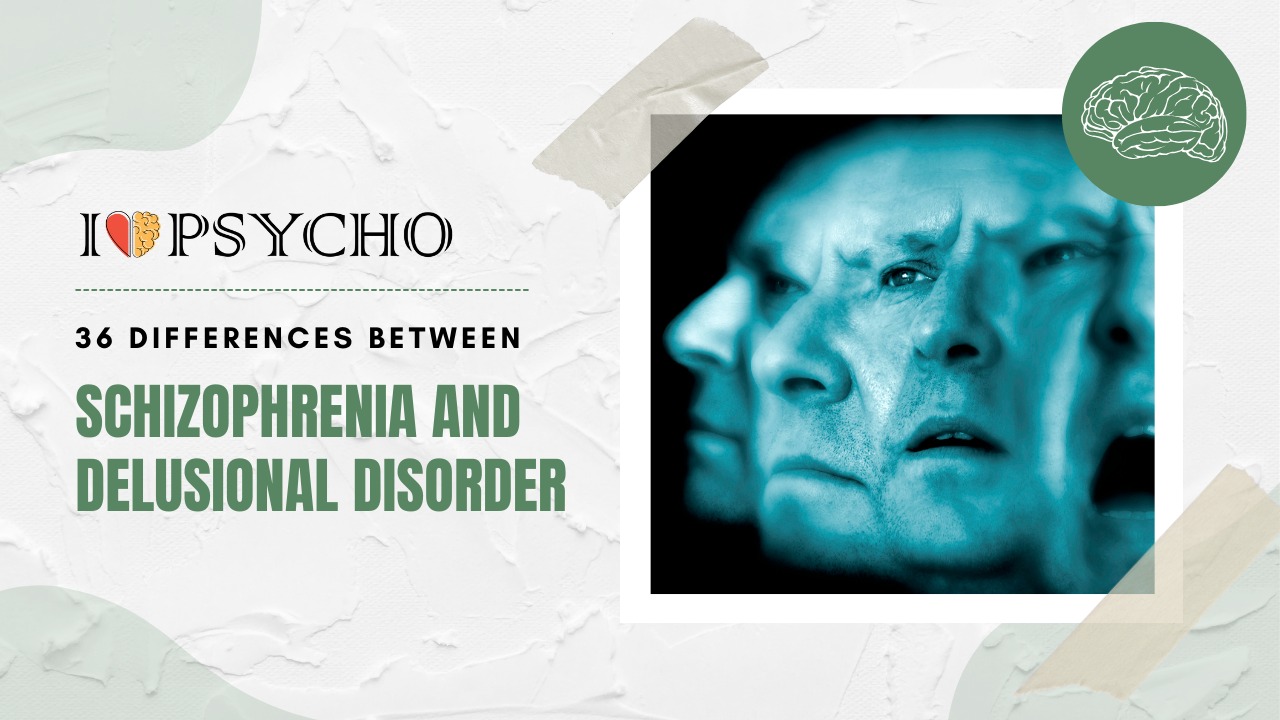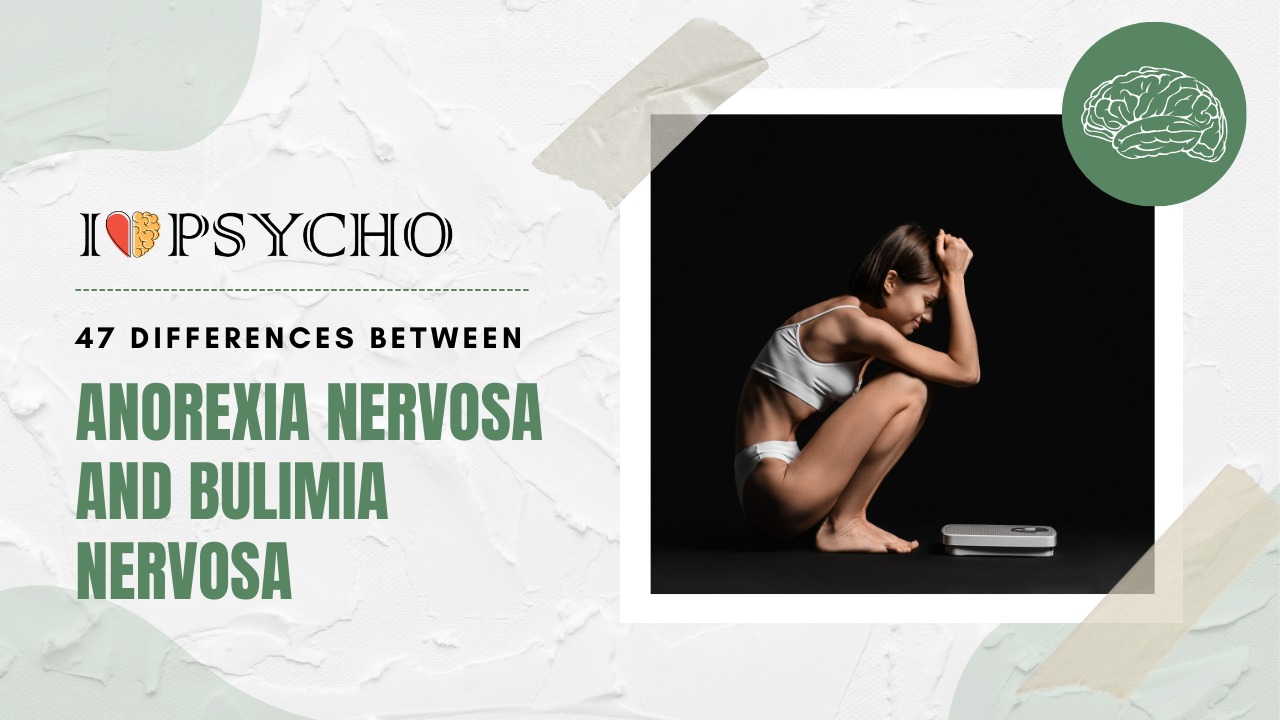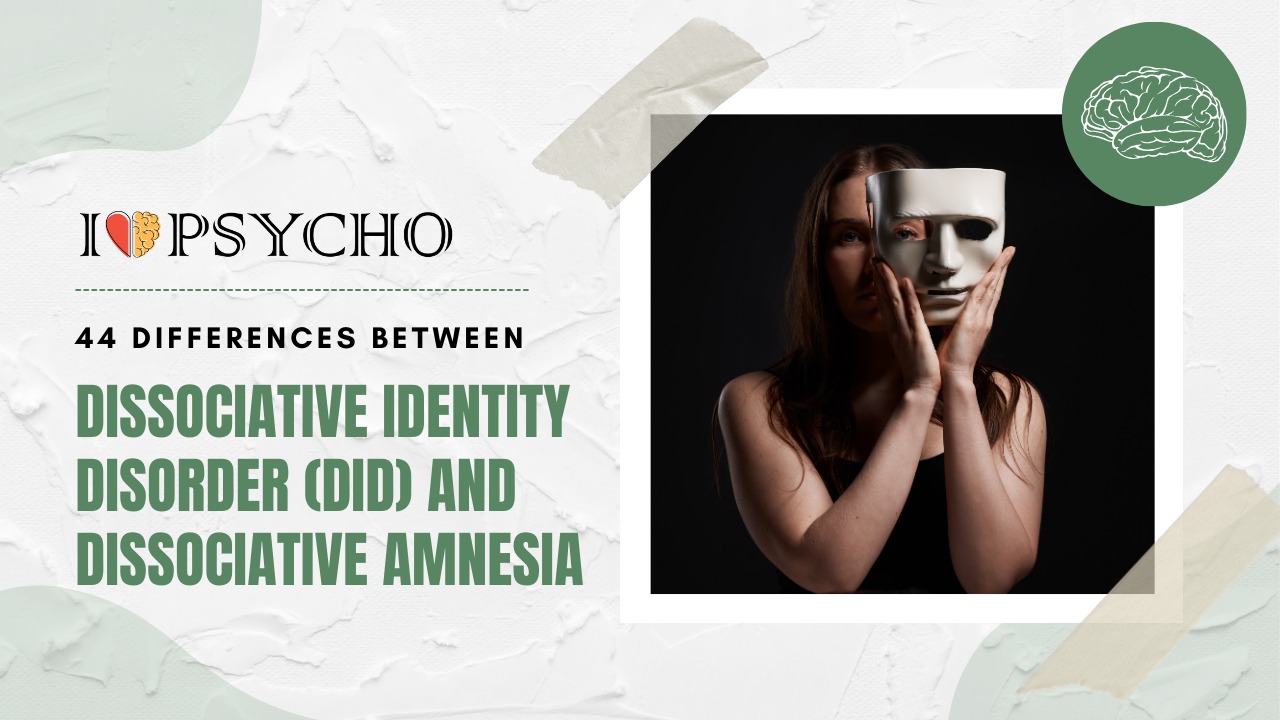
The Blog
30 Difference between Narcissistic Personality Disorder (NPD) and Avoidant Personality Disorder
The essential traits and behaviors of Narcissistic Personality Disorder (NPD) and Avoidant Personality Disorder differ greatly. NPD is characterized by…
49 Difference between Obsessive-Compulsive Disorder (OCD) and Post-Traumatic Stress Disorder (PTSD)
OCD and PTSD are mental illnesses. They have certain symptoms, but their etiology, symptoms, and treatments differ. Correctly diagnosing and…
38 Difference between Attention-Deficit/Hyperactivity Disorder (ADHD) and Oppositional Defiant Disorder (ODD)
Both ADHD and ODD are neurodevelopmental diseases that can impair a child's behavior, feelings, and relationships. Despite their similarities, their…
25 Differences between Panic Disorder and Agoraphobia
Panic Disorder and Agoraphobia are related mental illnesses. Each has symptoms and issues. Even though they typically live together, it's…
29 Difference between Borderline Personality Disorder (BPD) and Narcissistic Personality Disorder (NPD)
BPD and NPD are mental illnesses, although they affect people differently. Despite their similarities, they are significantly distinct. BPD affects…
48 Difference between Autism Spectrum Disorder (ASD) and Attention-Deficit/Hyperactivity Disorder (ADHD)
ASD and ADHD are neurodevelopmental diseases that affect behavior, social interactions, and daily tasks. They're different diseases with different symptoms,…
28 Difference between Bipolar Disorder and Cyclothymic Disorder
Bipolar Disorder, also known as manic-depressive disorder, causes significant mood fluctuations from depressive bouts of deep melancholy and lethargy to…
36 Difference between Schizophrenia and Delusional Disorder
Positive, negative, and cognitive symptoms characterize schizophrenia, as a complicated mental condition. Positive symptoms include paranoid or grandiose hallucinations and…
47 Difference between Anorexia Nervosa and Bulimia Nervosa
Anorexia and Bulimia can have serious physical, emotional, and psychological implications. Despite similarities, their food habits, health results, and actions…
44 Difference between Dissociative Identity Disorder (DID) and Dissociative Amnesia
Psychological problems include Dissociative Identity Disorder (DID) and Dissociative Amnesia. These illnesses affect memory, identity, and awareness, although they have…



